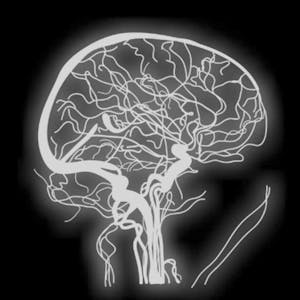Discover the world of neuroimaging methods and neuroscience concepts with the Fundamental Neuroscience for Neuroimaging course. This comprehensive program, offered by Johns Hopkins University, is designed for students and professionals seeking to gain a foundational understanding of neuroimaging and its applications in human subjects research and clinical settings.
With a focus on both theoretical and practical aspects, this course equips participants with the knowledge and terminology essential for utilizing and interpreting neuroimaging data effectively. Whether you are a novice or an experienced professional, Fundamental Neuroscience for Neuroimaging offers a valuable opportunity to enhance your expertise in this dynamic field.
Certificate Available ✔
Get Started / More Info
Explore the course modules which cover structural and functional neuroanatomy, principles and methods of neuroimaging, and experimental design and special applications in neuroimaging, providing a comprehensive understanding of neuroimaging techniques and their practical applications.
Delve into the structural neuroanatomy of the human brain, covering aspects such as structure and anatomy, development and vascular organization of the brain, and essential terminology of brain organization. Gain insights into dissociable brain networks and early versus late developing brain areas.
Explore the functional neuroanatomy of the human brain, focusing on methods of communication in the brain, organization of cognitive domains, and neuropsychological assessment of cognition. Understand inhibitory post-synaptic potentials, multiple memory systems, and their association with fMRI.
Get introduced to the principles and methods of neuroimaging, including approaches to neuroimaging, basics of MRI and fMRI, and structural and functional MRI studies. Gain a comprehensive understanding of the basics of magnetic resonance imaging and its applications in neuroimaging.
Gain insights into experimental design and special applications in neuroimaging, covering functional connectivity MRI studies, diffusion tensor imaging, and magnetic resonance spectroscopy. Learn about the significance of each method in neuroimaging research and its practical implications.
Biology Everywhere offers an engaging exploration of the science of life in everyday experiences. It bridges traditional biology with practical knowledge, demonstrating...
Anatomy: Human Neuroanatomy is a comprehensive study of the central and peripheral nervous systems, including sensory and motor pathways, and the autonomic nervous...
Radiation is explored in a new light in this course, delving into its benefits and risks. From atomic interactions to radiation in health, this MOOC provides a comprehensive...
Synapses, Neurons and Brains explores the forefront of brain research, delving into the operational principles of neurons, computational microchips, and the future...